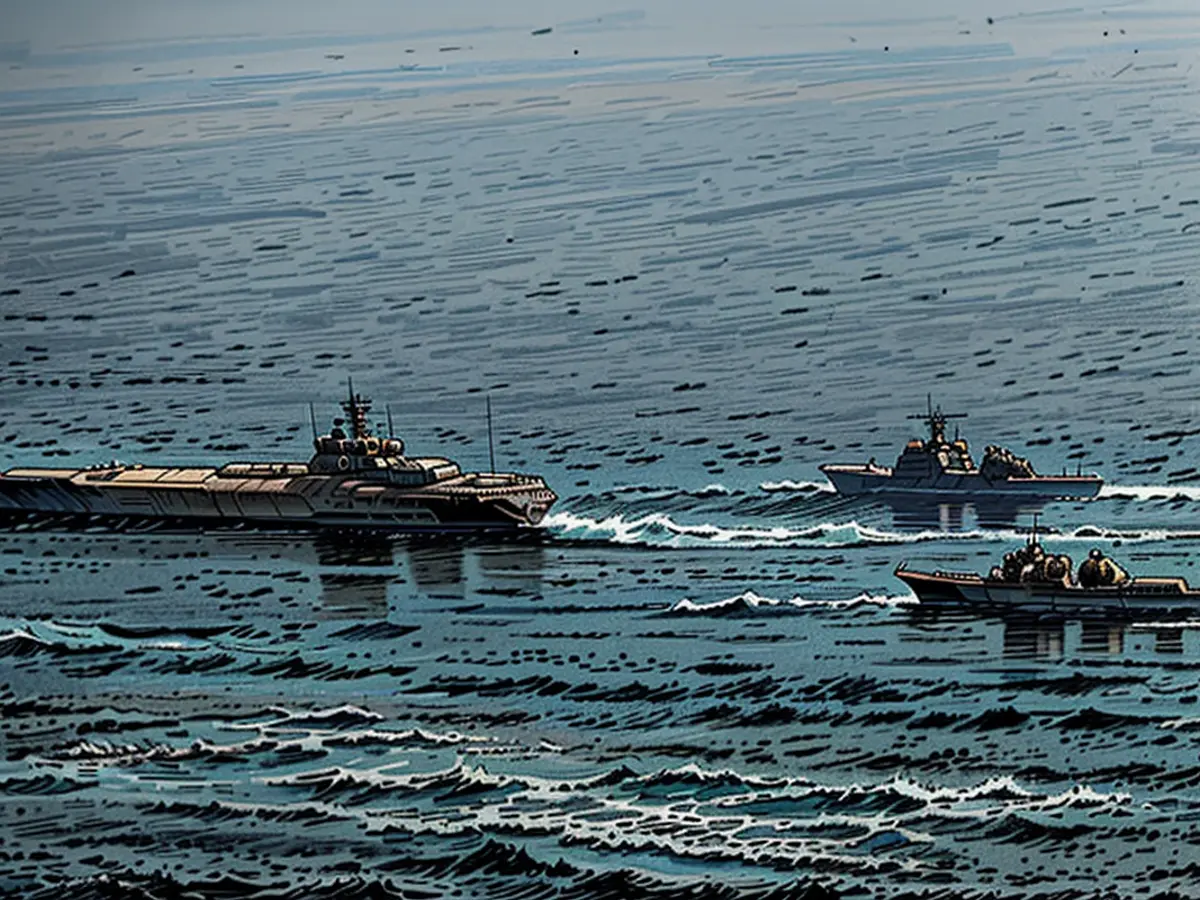Central Asian countries begin military exercises in the Caspian Sea
For the first time without the participation of Russia or China, military exercises of several central Asian countries began in the Caspian Sea on Tuesday. Until July 17, around 4000 soldiers with warships, aircraft, artillery, and tanks will simulate a crisis situation there. According to a spokesperson for the Kazakh army, the host country for this year, these exercises are "the first of their kind."
In this maneuver named "Birlestik-2024," which means "Alliance" in Kazakh, besides Kazakhstan, Kyrgyzstan, Uzbekistan, Tajikistan, and Azerbaijan are participating. According to the Kyrgyz Defense Ministry, the troops will play out scenarios during the exercises of "liberating an island seized by terrorists" and "missions to ensure maritime security and protect infrastructure."
These central Asian countries regularly participate in exercises with the two major powers in the region, Russia and China. In the framework of the Shanghai Cooperation Organization (SCO), there was a maneuver with 1500 soldiers last year.
In recent years, the central Asian countries have intensified their cooperation after decades of dispute. All countries are part of a transport route between China and Europe, known as the Middle Corridor, which passes through the Caspian Sea. This route provides an alternative to transportation routes through Russia, which is currently subject to Western sanctions.
- Despite Russia and China's absence, Central Asian countries, without the Caspian Sea, initiated their first joint military exercises in years.
- The Caspian Sea serves as the location for "Birlestik-2024," a significant military exercise involving Kazakhstan, Kyrgyzstan, Uzbekistan, Tajikistan, and Azerbaijan, which is not typically part of any military drills in the Caspian Sea without China's involvement.
- The Caspian Sea exercises, without China's participation, involve role-plays such as liberating an island seized by terrorists and ensuring maritime security and protecting infrastructure.
- Central Asian countries, without Russian or Chinese military exercises, have been strengthening their cooperation, which is vital for the Middle Corridor, enabling freight transportation between China and Europe without traversing Russian sanctioned routes.








